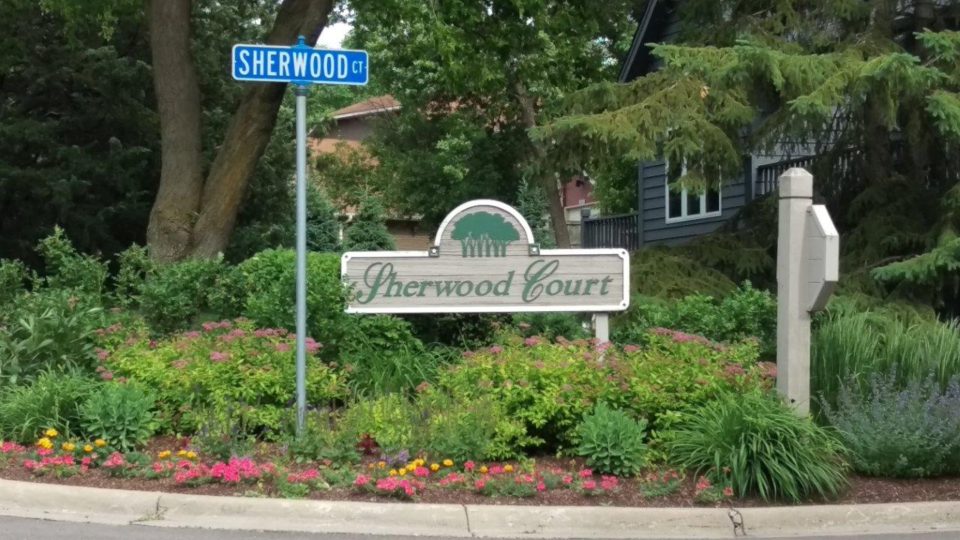
Understanding Short-Term Renting Rules & Regulations
Minneapolis-St. Paul is going to be a hotbed of major sporting events in the next couple of years. The Super Bowl comes to town in 2018. The Final Four returns in 2019. The Ryder Cup golf tournament hits Chaska this fall.
In the age of sites like Airbnb and VRBO, many homeowners look to make some quick cash to accommodate this influx of short-term renters to the Twin Cities.
However, the issue of short-term renting has caused friction between homeowners and the cities and associations regulating them.
Rules for short-term renting vary by city. For instance, Minneapolis assesses a sales tax on short-term lodging and requires owners or operators of certain businesses – including bed and breakfasts and boarding houses – to obtain a business license. On the other hand, Minnetonka city code doesn’t address the issue of a homeowner offering short-term rentals.
Townhouse and condominium associations, usually requiring rentals to be for at least a year, are finding that short-term rentals have emerged as a “blind spot.” For most associations, the HOA rules were drafted before sites like Airbnb and VRBO even existed.
A recent Star Tribune article outlined a legal battle between Teri Ross, a Minnetonka townhouse owner who rented out an extra room on Airbnb, and her association, Sherwood Court Townhouses.
While the details of this story provide a bit of “he said/she said” there are some important conclusions for Homeowner Association Boards to draw, particularly this one: neither side should assume that they are in the right.
Boards should not assume that by adopting a rule they have addressed a problem.
The power of the Association to restrict a homeowner’s use of their property stems from the Association’s Declaration. The Association’s rules and regulations are the Board’s expression of those powers; however the rules & regulations cannot be more restrictive than the Association’s Declaration. In this case, there was a rule enacted by the board limiting rentals to one year – which is a greater restriction being placed on the property than identified in the Declaration (their Declaration actually does not limit the length of a lease, only to define what a “transient occupancy is” and that a transient occupancy is not permitted).
Unfortunately, I have seen this tactic used at other properties managed by their management company where the Board enacts a rule which has the effect of being more restrictive than the Declaration. The advantage is that it’s easier – you can make this change with just three or five people (a majority of the Board) rather than seeking the consent of 67% of 48 homeowners in the Association. This short-circuits the purpose of the Declaration.
Homeowners should not assume that their Association’s Declaration does not forbid this type of activity.
In reading through Sherwood Court’s Declaration, they have the following requirements:
- No Subleasing;
- No leasing for less than seven days (transient tenancies); and,
- A requirement that there must be a written lease for the occupancy and that it must be submitted to the Association.
I think the first two are potential grey areas – was this really “subleasing”? Was everyone staying with her less than seven days?
Given that the Association alleges they never knew of her leasing her room, I would be surprised to hear that she had been submitting a copy of the “lease” to the Association whenever she had a new Airbnb guest. It also wasn’t clear that she was requiring every one of her guests to stay a minimum of seven days.
Don’t assume that because this is how we have always done this in the past, it must be okay to do in the future.
Although there was the Pollard v. Southdale Gardens of Edina Condominium Association Inc court case where a section of an Association’s declaration was nullified due to lack of enforcement, in that case there was an open and understood violation with an understood lack of enforcement by the Association. In this situation that is not clear at all, it appears the association is asserting that they didn’t know about the activity until they recently saw her advertisement. The fact that she may have violated the rules for 22 years doesn’t make it more right – just like I shouldn’t argue that I don’t deserve a ticket for going 70 MPH on 394 because that’s how I have been driving it for the past 22 years.
So what should homeowners and homeowner associations do about short-term renting?
I think the best advice about short-term renting for a homeowner comes from Airbnb itself. In a section of their website entitled “Responsible Hosting,” Airbnb recommends hosts “Check your HOA or Co-Op Board regulations to make sure there is no prohibition against subletting – or any other restriction against hosting.” Unless you are prepared to absorb the cost of a potentially expensive legal battle, I think it would be wise to be conservative when interpreting the association’s Declaration until there is more case law.
For the homeowner association, it is important to understand what your Declaration actually states in regards to short-term renting, not just your Rules & Regulations (remember, your rules cannot be more restrictive than your Declaration). I am concerned that many Declarations fall short because they are ambiguous, particularly if the owner is continuing to reside in the home and is allowing someone to stay in a room. Is this really subleasing? Is this a lease or is it just a license (which is not addressed by most Declarations)?
The trick is to write the Declaration language broad enough to allow family, friends, caregivers, and even roommates to reside in a unit while simultaneously eliminating occupancies you are trying to regulate.
